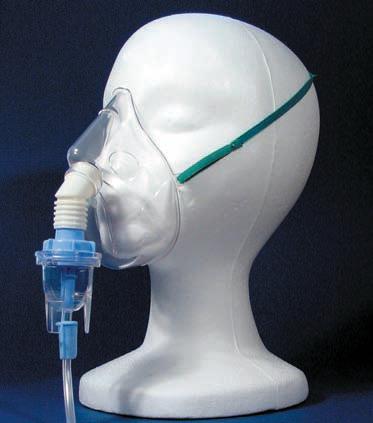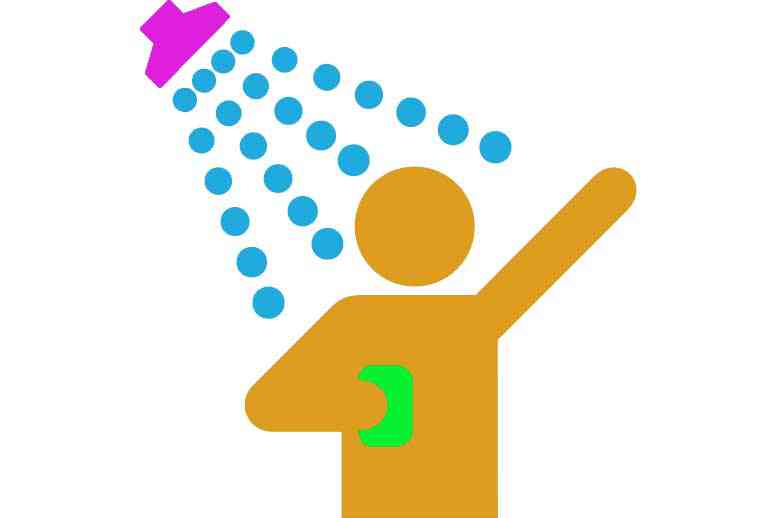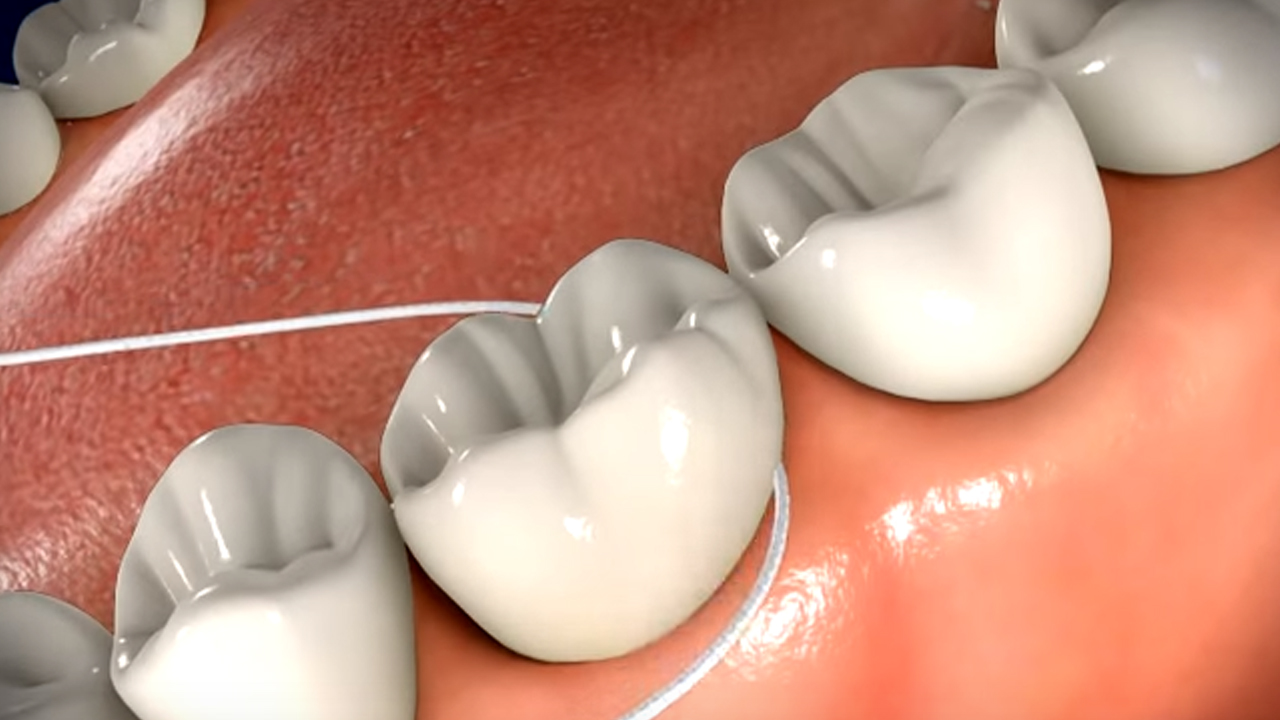QUESTION:
What do the scholars of the Din and muftis of the Sacred Law state regarding the following issue: Is it Fard to rinse the mouth and sniffle water into the nose intensely for Fard Ghusl. In other words, for water to reach the end limit of the throat in rinsing, and the upper part of the nose [in sniffling]. If this is so, then what should one do while fasting. If water reached the stomach or the brain, then will this invalidate the fast. If it does invalidate the fast, then how should one perform Fard Ghusl while fasting? Please kindly provide a solution to this query.
Questioner: Parvaiz from UK
ANSWER:
بسم اللہ الرحمن الرحیم
الجواب بعون الملک الوھاب اللھم ھدایۃ الحق والصواب
The Sharī’ah prevents one from doing anything excessive having gargled in the matter of rinsing during a fast due to the possibility of water going in (i.e. past the throat). Whereas, it is actually Fard to ensure that water reaches the edge of the throat when rinsing the mouth for Fard Ghusl, and this is also required for the one who is fasting as well. The fast will not become invalid from the water reaching this area of the throat, and if water does not reach it, then such Ghusl will not be valid. It is Sunnah for the one who is not fasting to gargle with exaggeration when rinsing the mouth. As far as sniffling water into the nose is concerned – whether fasting or not – i.e. in both cases, for water to reach and cleanse the soft part of the nose – in other words, the starting point of the hard bone – through both nostrils is Fard in Ghusl. Yes, the one who is fasting should not let water reach too high, to the point where there is a danger of it reaching the brain (and subsequently invalidating the fast). If one is not fasting, then for water to reach above the hard bone is Sunnah.
In relation to the rinsing of the mouth, my master A’lāHadrat, the Imām of the Ahl al-Sunnah, Imām Ahmad Ridā Khān, may the mercy of Allāh Almighty be upon him, says, ‘In today’s day & age, many unknowledgeable people misunderstand rinsing as the mere swirling of water in the mouth; they take some water into the mouth and swirl it around, while the water does not reach the root of the tongue and the end of the throat, thus the obligation of Ghusl not being performed. Neither is Salāh possible, nor entry into a masjid permissible with this so-called Ghusl. Rather, the Fard [obligation] is that water reaches behind the molar teeth, the bottom of the inner cheeks, the roots (i.e. gums) of the teeth, the gaps between the teeth and every nook & cranny – until the edge of the throat. To the extent that if there is any hard thing which is a barrier that prevents water from reaching the roots (gums) of the teeth, the space between the teeth, or any other areas, then it is mandatory to remove such and then rinse the mouth, otherwise Ghusl will not be fulfilled.
In short, even a fasting person is not excluded from such precautionary measures in Ghusl. Yes, he should not gargle, as the water may go down the throat. Though, it is Sunnah for a non-fasting person to gargle.
It is stated in al-Durr al-Mukhtār,
“سنتہ المبالغۃ بالغرغرۃ لغیر الصائم لاحتمال الفساد”
“It is Sunnah to intensely gargle in Wudū’ & Ghusl for a non-fasting person, but not for a fasting person, due to the possibility of voiding the fast.”’
[al-Durr al-Mukhtār, volume 1, page 21]
[Fatāwā Ridawiyyah, volumes 1-2, page 597]
It is Fard for water to reach all of the soft bone in both nostrils in order to complete Fard Ghusl, just like my master A’lāHadrat, the Imām of the Ahl al-Sunnah, Imām Ahmad Ridā Khān, may the Most Merciful shower countless mercies upon him, states that, ‘The obligation of Ghusl will not be lifted (in the case of rinsing the mouth) until water reaches & cleanses all parts of the mouth until the edge of the throat, as well as the soft bone until the starting point of the hard bone of the nose. A fasting person is not excused from this precaution either; yes, such a person should not take the water up too much, otherwise it may reach the brain. It is also Sunnah for a non-fasting person. It is stated in al-Durr al-Mukhtār,
“سنتہ المبالغۃ بمجاوزۃ المارن لغیر الصائم”
“It is Sunnah for water to reach above (i.e. beyond) the soft bone of the nose with intensity for the non-fasting individual.”’
[al-Durr al-Mukhtār, volume 1, page 21]
[Fatāwā Ridawiyyah, volume 1-2, page 597]
It is stated in Radd al-Muhtār, having been quoted from al-Bahr al-Rā’iq,
“الاستنشاق اصطلاحا ایصال الماء الی المارن،ولغۃ من النشق وھو جذب الماء ونحوہ بریح الانف الی داخلہ”
“The technical meaning of the term sniffling is that water reach the soft part of the nose, and from a linguistic perspective, it is derived from the word نشق – nashq – whose meaning is to draw water, etc up into the nose by breathing.
[Radd al-Muhtār, volume 1, page 78-79]
If, during Ghusl, water reaches the stomach while rinsing, or the brain while sniffling, then the fast will definitely become invalid. Just like it is stated in Bahār-e-Sharī’at that if one was rinsing the mouth and, without intent, water went down the throat, or if one was sniffling water into the nostrils and it reached the brain, this will render the fast void. Unless such person has forgotten that he is fasting; then in this case it will not nullify the fast, even if he did so intentionally.
[Bahār-e-Sharī’at, volume 1, part 5, page 987]
And Parvaiz is not a good name – it should be changed.
واللہ تعالی اعلم ورسولہ اعلم صلی اللہ علیہ وآلہ وسلم
کتبہ ابو الحسن محمد قاسم ضیاء قادری
Answered by Mufti Qasim Zia al-Qadiri
Translated by Haider Ali & Ali Mahmood
Read the original Urdu answer here: [Q-ID0684] How should the mouth and nose be washed for Wudu/Ghusl whilst Fasting?
Also see:
[Q-ID0692] I have not yet done Ghusl before the Fast started, will my Fast be valid?
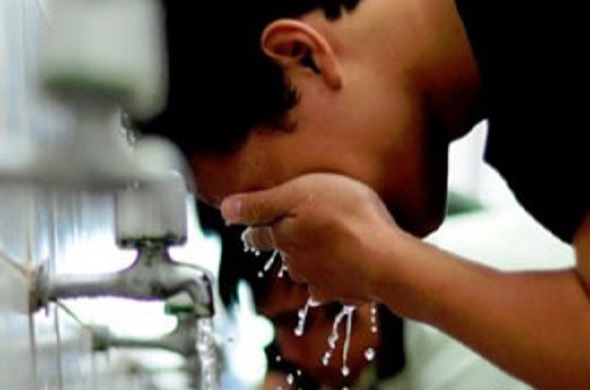



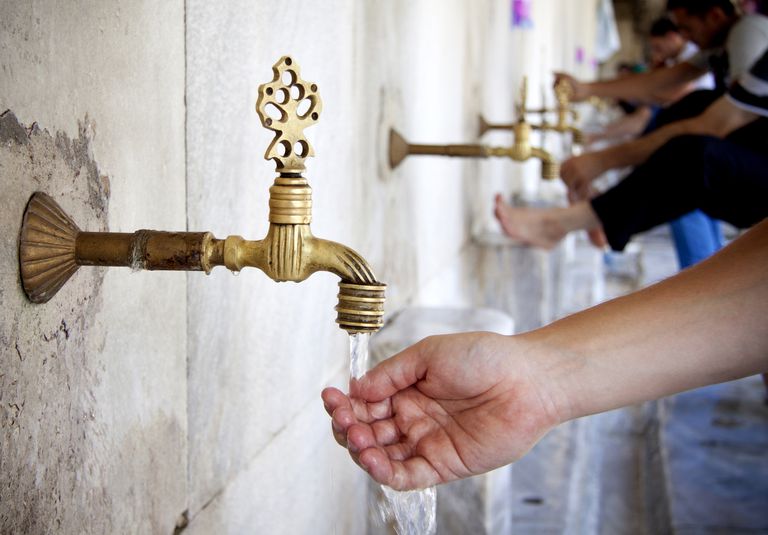









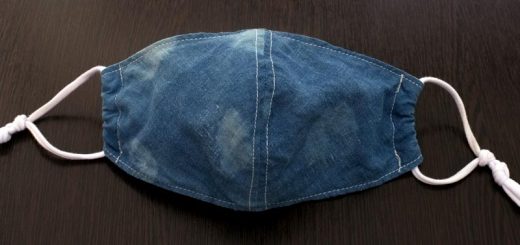


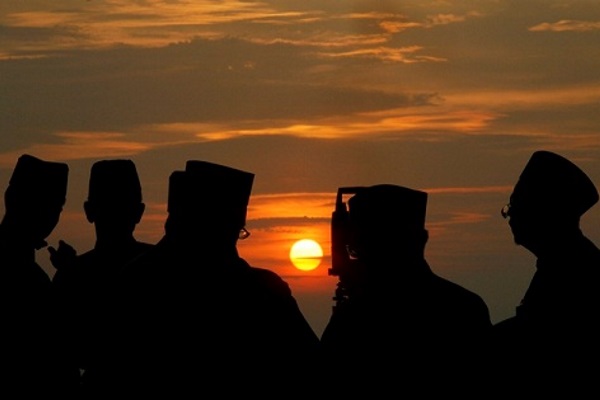







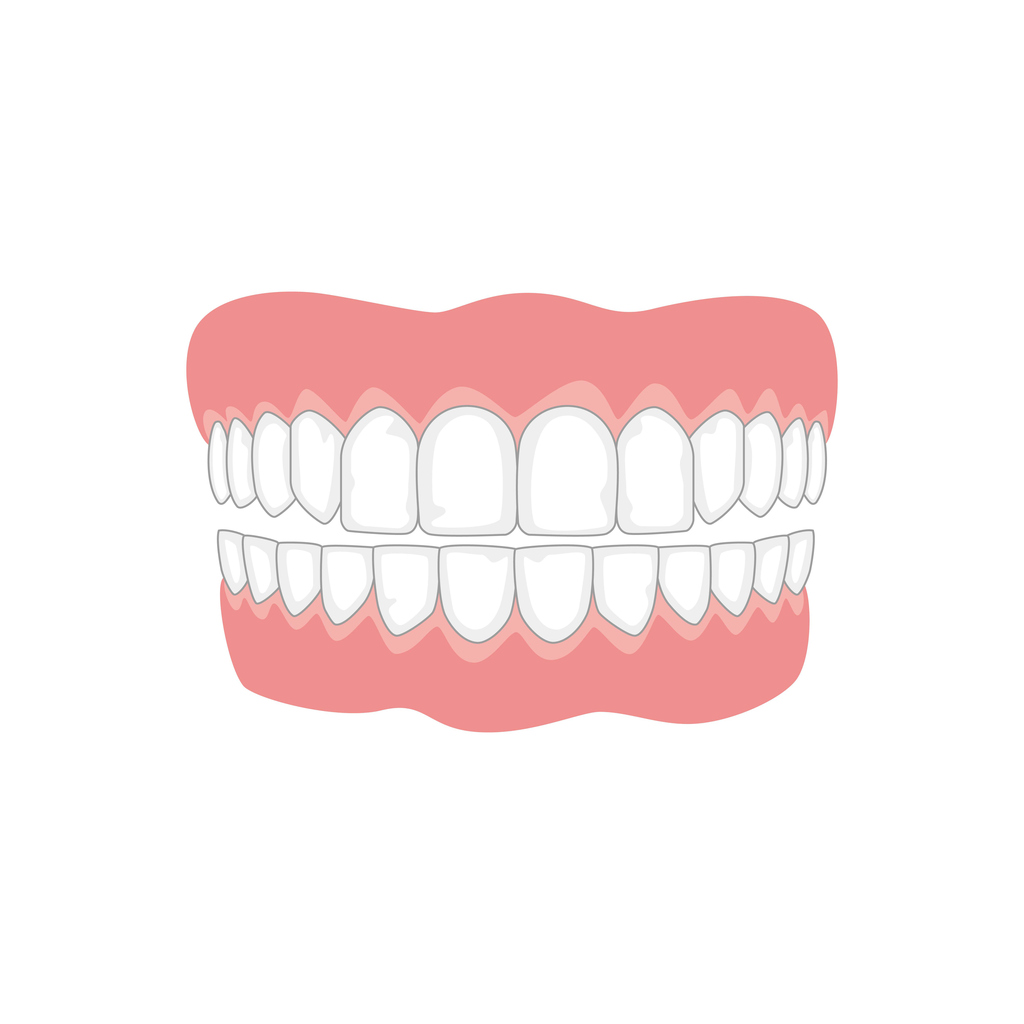

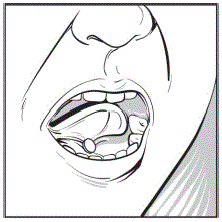


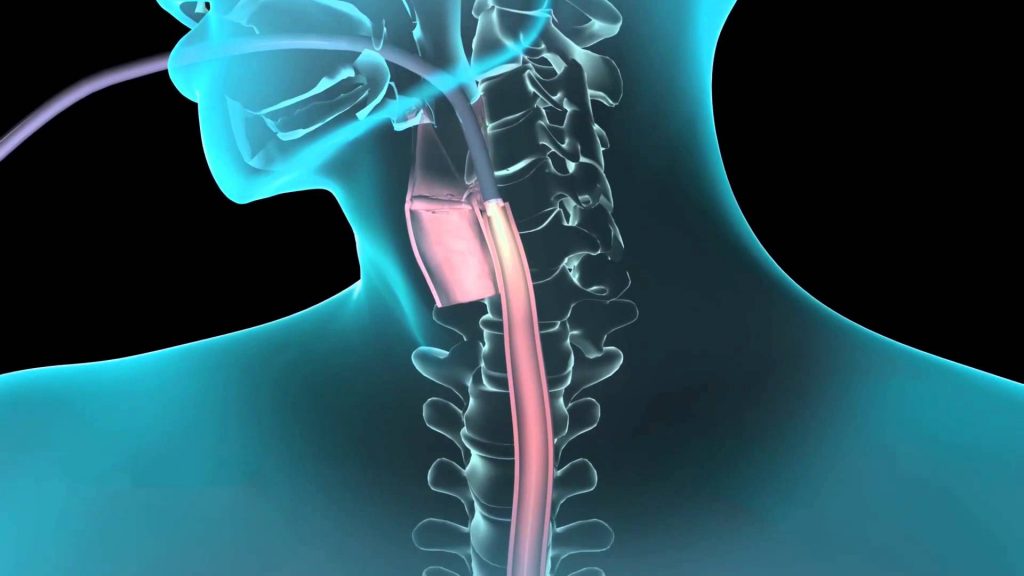
![[Q-ID0698] How is it to have a scan/test via X-ray, ultrasound, MRI, CT, ECG, etc while Fasting?](http://www.seekerspath.co.uk/wp-content/themes/hueman-pro/assets/front/img/thumb-medium-empty.png)

